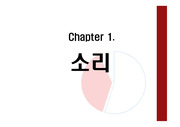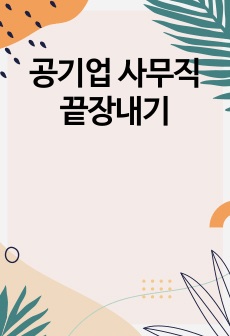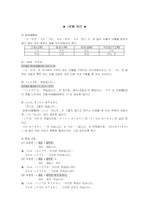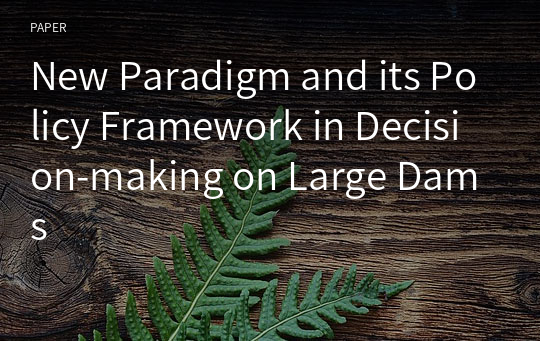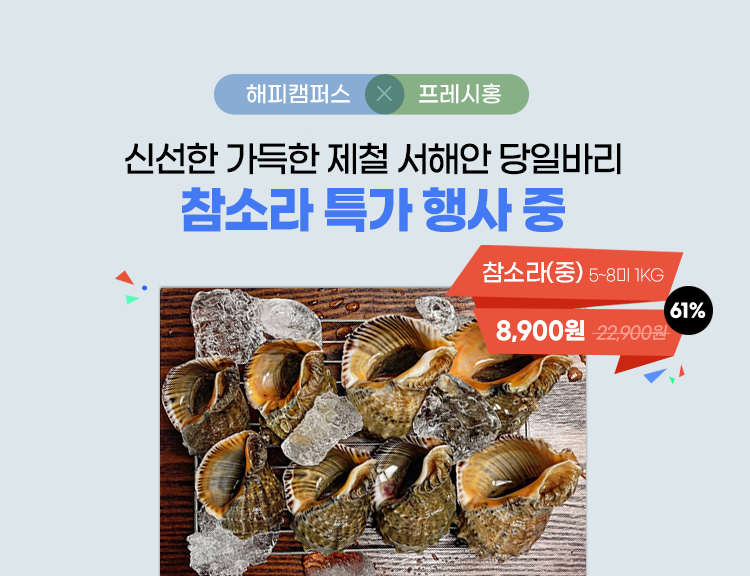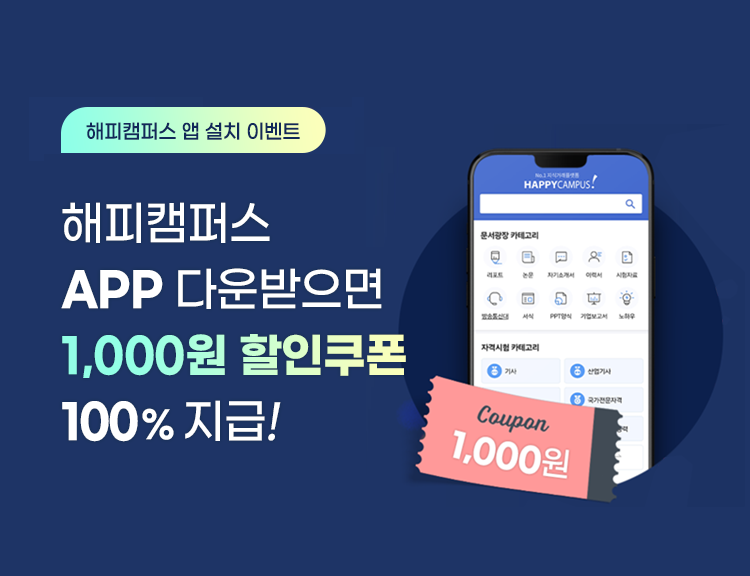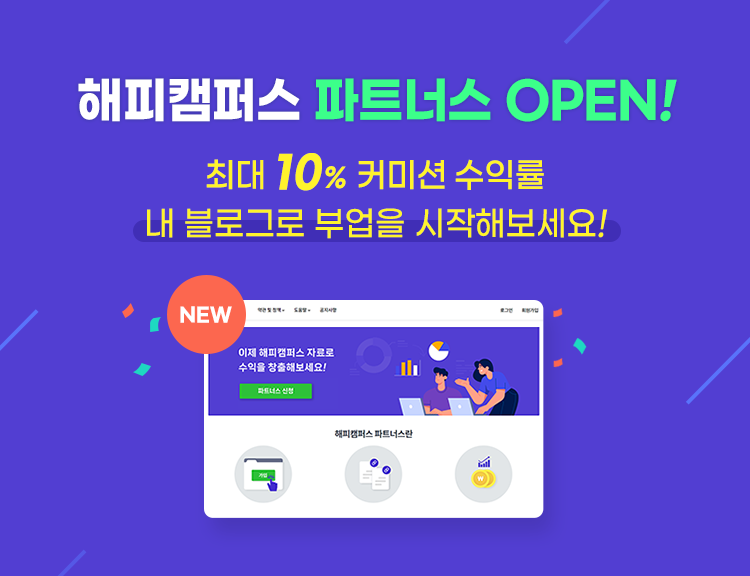New Paradigm and its Policy Framework in Decision-making on Large Dams
(주)학지사
- 최초 등록일
- 2015.03.24
- 최종 저작일
- 2006.01
- 10페이지/
 어도비 PDF
어도비 PDF
- 가격 3,000원

* 본 문서는 배포용으로 복사 및 편집이 불가합니다.
서지정보
ㆍ발행기관 : 한국습지학회
ㆍ수록지정보 : 한국습지학회지 / 8권 / 1호
ㆍ저자명 : 박성제
목차
1. INTRODUCTION
2. STRUCTURE OF CONFLICT
3. COMPARATIVE ANALYSIS
4. CONCLUSIONS
참고문헌
한국어 초록
This study discusses two canceled dam projects, Youngwol Dam in South Korea and Two Forks Dam in Colorado of the United States. Both of them illustrate how the new paradigm applies to regional water projects because they became victims of environmental opposition in the new paradigm. While the cases have no apparent close relationships and they occurred in different decades, they offer interesting comparisons. They were basically struggles between water development coalitions and environmental protection coalitions on regional water conflicts. The two proposed projects brought about fierce debates on large dam as they embraced a wide-range of environmental, social, and political issues rather than construction of dams themselves. Huge anti-dam oppositions scrapped them at the cost of nearly ten years for decision-makings and enormous financial resources for feasibility studies respectively. It identifies who the policy actors were, what the policy strategies were, and how the water policies evolved in both countries. The decision-makings on the two projects appeared at first glance to be made under formal institutional frameworks, but in actuality, they relied significantly on decisions of the two important political actors. The Korean society began to learn negotiation and cooperation approaches to solve the water conflict by establishing the Joint Task Force Team on Youngwol project in 1999. The team is recognized as a new conflict resolution method in South Korea because a diverse of stakeholder interests voluntarily participated in the decision-making process and discussed water issues directly. Even though the projects resulted in futile fruits in each country, they illustrate the images of the new paradigm that significantly affected in formulating regional water policies in South Korea and the United States.
영어 초록
This study discusses two canceled dam projects, Youngwol Dam in South Korea and Two Forks Dam in Colorado of the United States. Both of them illustrate how the new paradigm applies to regional water projects because they became victims of environmental opposition in the new paradigm. While the cases have no apparent close relationships and they occurred in different decades, they offer interesting comparisons. They were basically struggles between water development coalitions and environmental protection coalitions on regional water conflicts. The two proposed projects brought about fierce debates on large dam as they embraced a wide-range of environmental, social, and political issues rather than construction of dams themselves. Huge anti-dam oppositions scrapped them at the cost of nearly ten years for decision-makings and enormous financial resources for feasibility studies respectively. It identifies who the policy actors were, what the policy strategies were, and how the water policies evolved in both countries. The decision-makings on the two projects appeared at first glance to be made under formal institutional frameworks, but in actuality, they relied significantly on decisions of the two important political actors. The Korean society began to learn negotiation and cooperation approaches to solve the water conflict by establishing the Joint Task Force Team on Youngwol project in 1999. The team is recognized as a new conflict resolution method in South Korea because a diverse of stakeholder interests voluntarily participated in the decision-making process and discussed water issues directly. Even though the projects resulted in futile fruits in each country, they illustrate the images of the new paradigm that significantly affected in formulating regional water policies in South Korea and the United States.
참고 자료
없음










